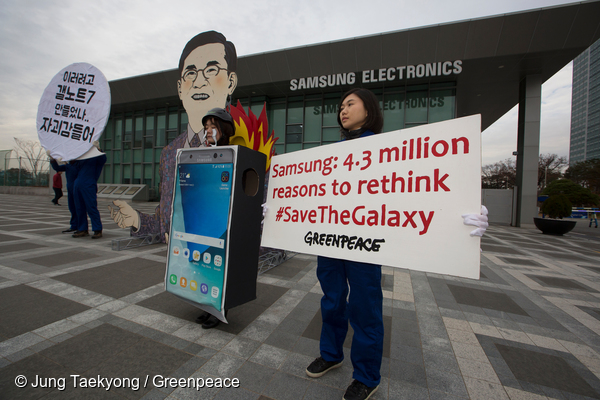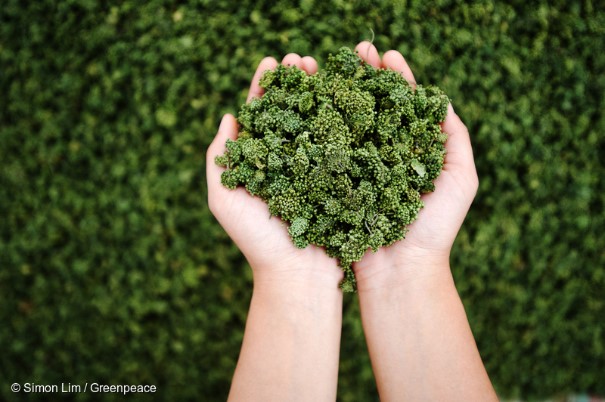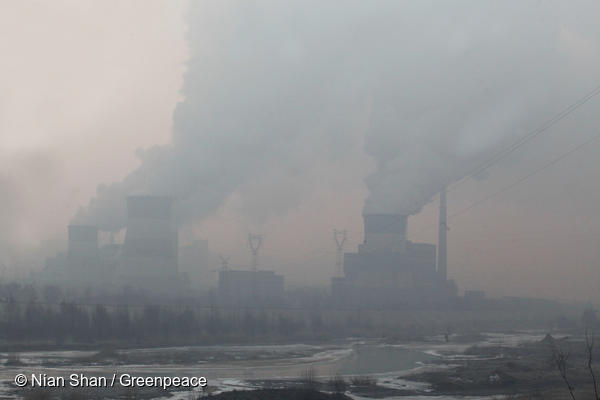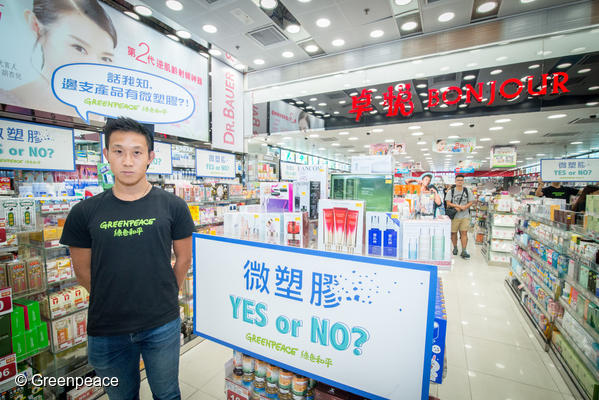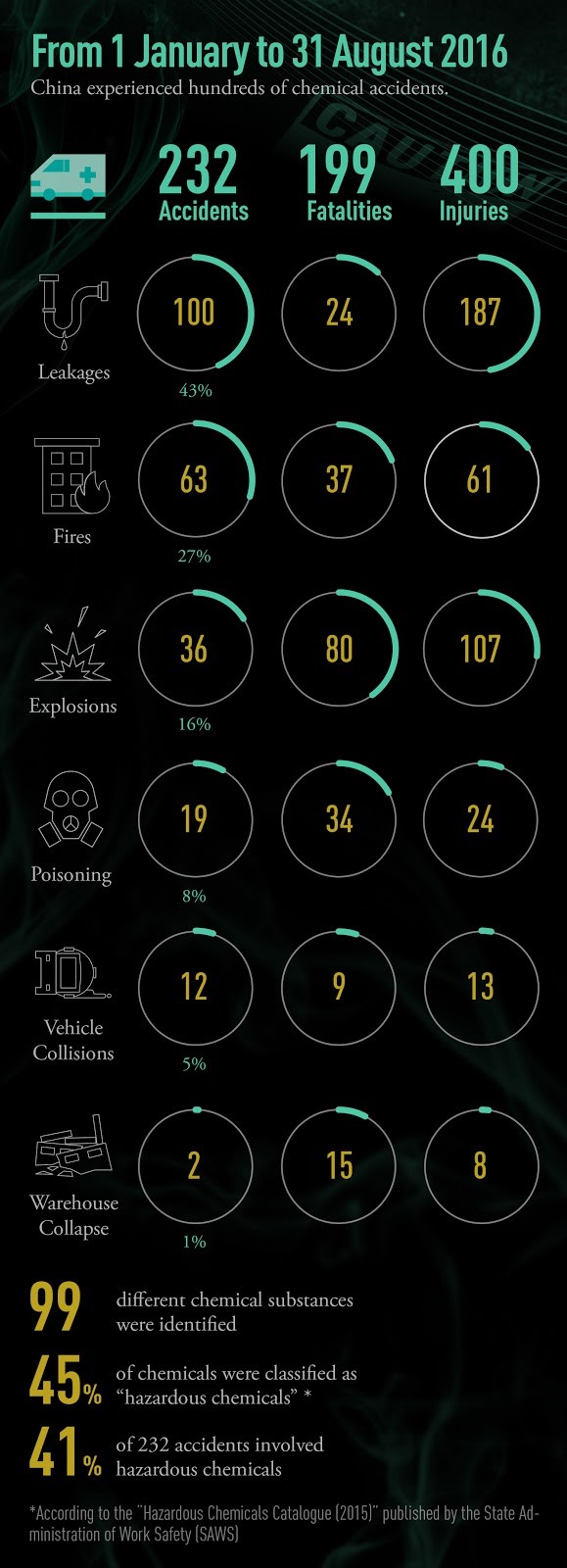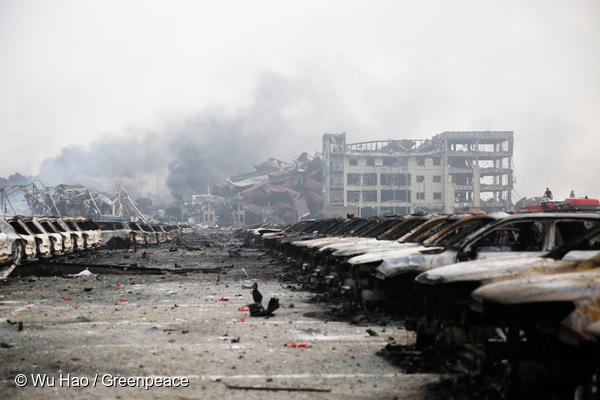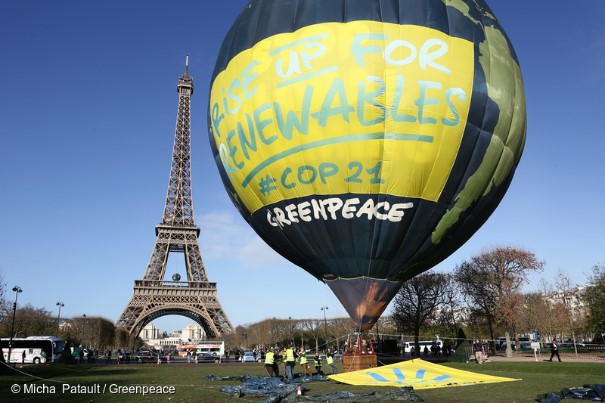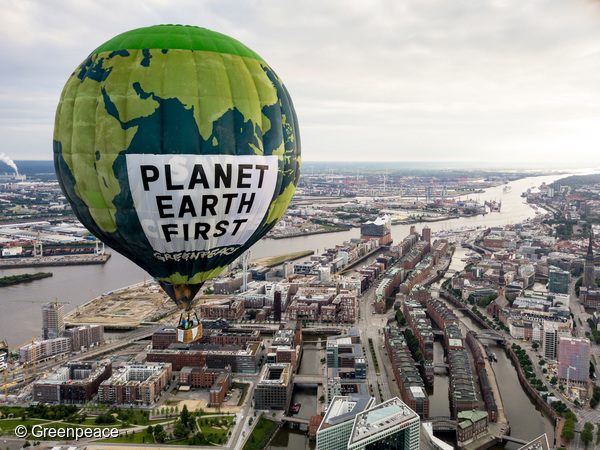-
Dumping 4.3 million Samsung phones is an environmental disaster warns Greenpeace
Seoul, 1 November 2016 - Samsung’s lack of transparency on the disposal of Galaxy Note 7 leaves tonnes of precious minerals at risk of being discarded into the environment. According to calculations by Oeko-Institut, a research and consultancy institution based in Germany, 4.3 million smartphones contain more than 20 metric tonnes of Cobalt, approximately more…
-
Shaking up China’s food system- in Shanghai and beyond
Dried flowers of the Sanqi plant Greenpeace China’s campaign to push one of China’s biggest retailers to purge pesticides triggered food safety reform across the whole of Shanghai.…
-
Xi’an Environmental Protection Bureau caught tampering with air quality readings – Greenpeace response
Beijing, 25 October 2016 - It is shocking and concerning that the Xi'an Environmental Protection Bureau has consistently falsified air quality readings.[1]
-
Greenpeace finds microplastics in all 5 leading cosmetic retailers : inadequate labelling found in almost 50% of products
Hong Kong, October 12 2016 - A crowdsourcing investigation by Greenpeace East Asia in Hong Kong, has found five leading cosmetics retailers selling products with microplastics, which has increasingly been proven to be damaging to the environment as well as failing to provide clear ingredient labelling on their products. Almost 1,500 products were surveyed in…
-
How can we avoid microbeads in Hong Kong?
Back in July, Greenpeace East Asia exposed how the microplastics found in some of our favourite makeup and personal care products are polluting our oceans. Every day in Hong Kong, 4.8 billion microplastics find their way into the sea, polluting marine environments and even having an impact on the seafood we eat.
-
Pushing brands to detox: another domino has fallen
Like any other environmentalist, what drives me is a true belief in the idea of positive change through action. That if we work together, we can make the world a better place. While some changes are small and personal, and the effects can be seen immediately, sometimes change is harder won and takes time, effort…
-
Why we’re mapping China’s hazardous chemicals facilities
China’s chemicals industry appears occasionally in the news, but we tend to only hear about it in extreme cases, when footage of enormous explosions circulate around the world, or hundreds of children fall sick. These incidents are shocking, but they’re just the tip of the iceberg. Beyond the headlines, chemical accidents are so frequent in…
-
China averaged 29 chemical accidents per month so far this year – Greenpeace
Beijing, 21 September, 2016 - 232 chemical-related accidents occurred in China from January to August 2016, an average of 29 per month, according to Greenpeace East Asia’s ‘Chemical Accident Counter’. The accidents caused 199 deaths and 400 injuries. The findings demonstrate the lax management of China’s chemicals industry, the world’s largest. In addition, preliminary findings…
-
G20 is over, now it’s time for action
zoom 09 October 2016 COP21 Earth Balloon Action in Paris © michapatault
-
Greenpeace urges G20 governments to bring Paris Agreement into force this year
Beijing, 5 September 2016 - The Hangzhou G20 communique issued today brings climate change to the center stage of the global political agenda and sends a strong signal for all nations to join the Paris Agreement as soon as possible. Greenpeace urges governments around the world to bring the Paris Agreement into force by the…

